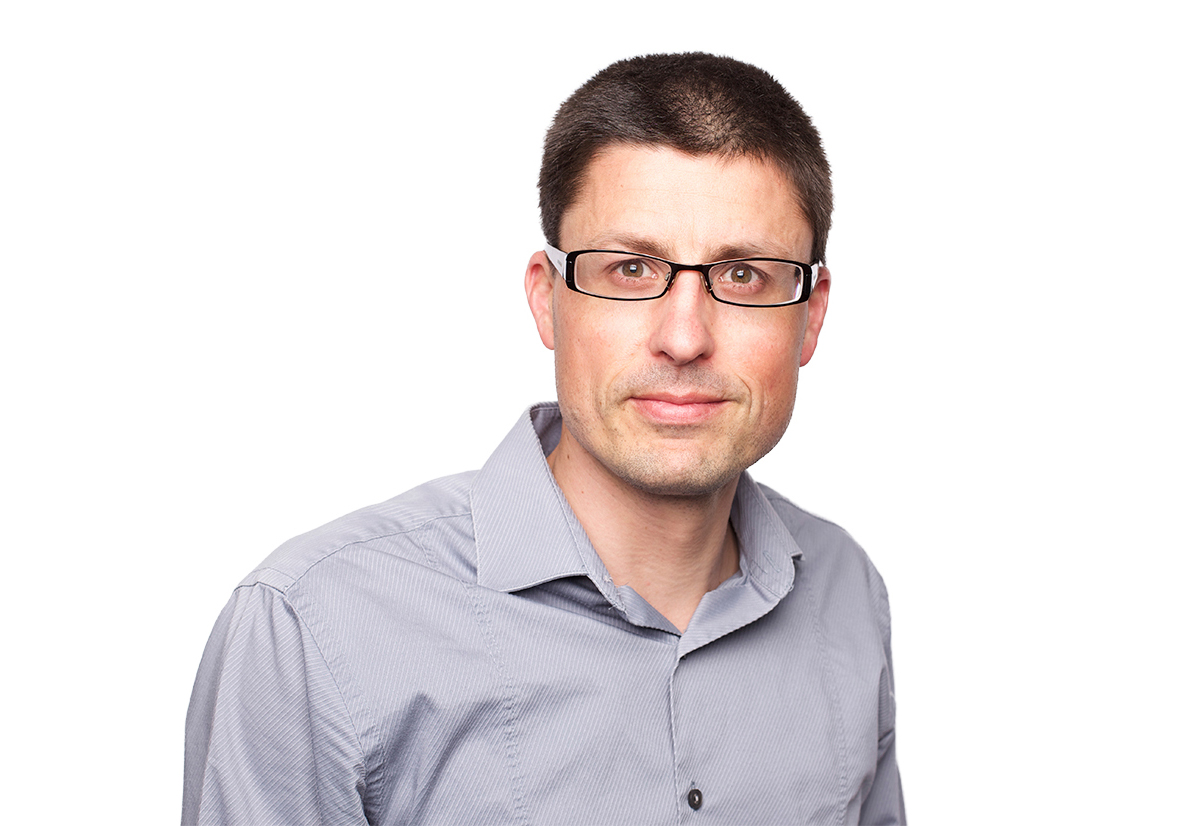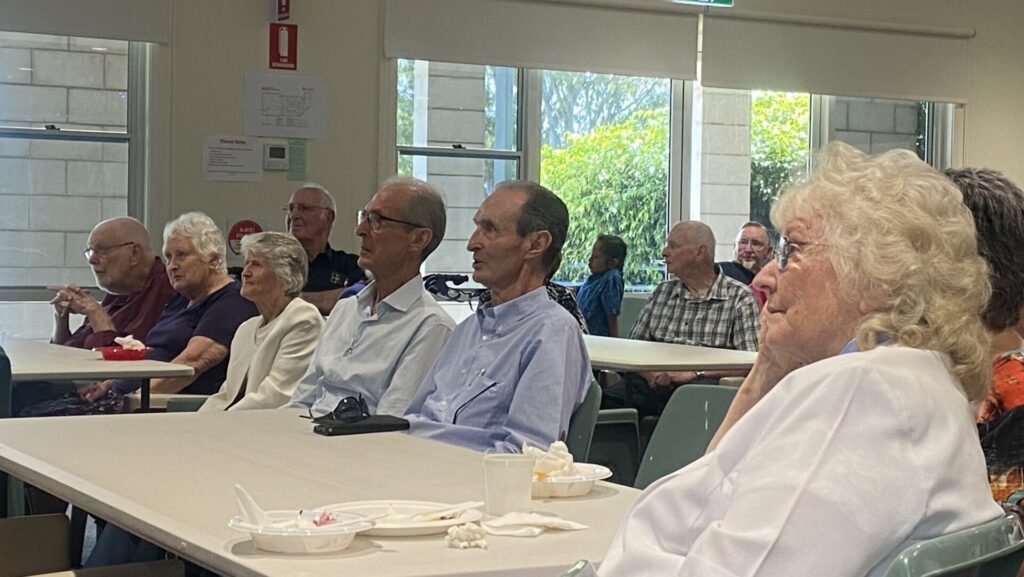The accreditation of Avondale’s counselling courses by a peak body recognises their students receive some of the highest standards of training in the country.
The successful outcome of a “rigorous” assessment by the Psychotherapy and Counselling Federation of Australia is “a vote of confidence by our peers,” says counselling strand and course convenor Paul Bogacs. And it provides a benefit to students who complete the Bachelor of Arts (Counselling) and Graduate Diploma of Counselling: they are automatically eligible to apply for provisional membership of the professional association. “With membership comes credibility,” says Paul.
While promoting development and practice, PACFA also respects and supports diversity of approaches—including that from a Christian worldview. “The idea that we reach for the transcendent, for something outside of ourselves, is now well accepted in counselling and psychotherapy,” says Paul.
He, his colleagues and their students address in class issues of congruence and tension. “We say, ‘This theory is good, but does it have an adequate explanation for evil? Is releasing our unfettered potential enough? What about the role of spirituality?” And practice. “An important question is how to counsel people of faith: is it appropriate to talk about God or quote a Bible verse? The discussion is healthy.”
The sense of wholeness spirituality brings to psychotherapy also appeals to those who do not identify with a faith tradition, says Paul. “They feel connected because they recognise our courses are based on shared values, values such as unconditional positive regard and acceptance.”






